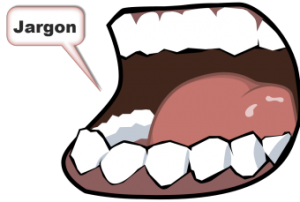Jargon - the language of science: Difference between revisions
From OER in Education
m (subjects, ages, types) |
No edit summary |
||
| Line 10: | Line 10: | ||
|subject= science, teacher education, secondary | |subject= science, teacher education, secondary | ||
|resourcenumber= TE0120 | |resourcenumber= TE0120 | ||
|age=10-14 years | |age=10-14 years, Secondary | ||
|content=In this audio file, science teacher and dictionary author Dr William Hirst explains that learning the language of science can improve children’s success at school. | |content=In this audio file, science teacher and dictionary author Dr William Hirst explains that learning the language of science can improve children’s success at school. | ||
|strategy= | |strategy= | ||
Latest revision as of 14:28, 2 February 2015
What colour is lime water? How the science language confuses
Lesson idea. In this audio file, science teacher and dictionary author Dr William Hirst explains that learning the language of science can improve children’s success at school.
Teaching approach. This resource was made for general public interest but may find use as a discussion starter in teacher education. (edit)
| Resource details | |
| Title | Jargon - the language of science |
| Topic | |
| Teaching approach | |
| Learning Objectives | Appreciate a language issue in learning science. |
| Format / structure | Audio podcast - 14 minutes mp3 |
| Subject | |
| Age of students / grade | |
| Table of contents | |
| Additional Resources/material needed | |
| Useful information | Edited from The Science Show on Cambridge 105 FM |
| Related ORBIT Wiki Resources | |
| Other (e.g. time frame) | |
| Files and resources to view and download | Radio - audio: Introduced by Roger Frost (1 minute) - Interview William Hirst (14 minutes) Right click to Save. Or click to use. Some suggested discussion points and questions can be seen on this WikiText page |
| Acknowledgement | This resource was created by Roger Frost, and is under the ORBIT's CC licence. |
| License | |

